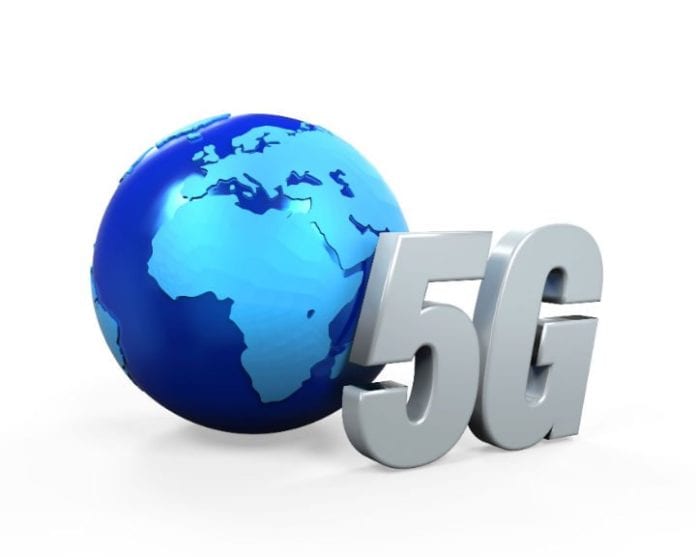Signals Research Group’s Michael Thelander reports significant 5G standards, label work from ongoing 3GPP Plenary in Croatia.
Technical and specifications work on what is to be “5G” network technology continues this week as the Third Generation Partnership Project is holding a plenary meeting in Dubrovnik, Croatia.
According to a report from Signals Research Group, work so far at the 3GPP conference has resulted in some consensus on accelerating standards for a non-standalone specification in support of planned fixed wireless broadband deployments using what is expected to be part of the eventual 5G standard, as well as 3GPP work on those standards officially being conducted under the 5G label.
SRG President and Founder Michael Thelander noted in the report that 3GPP looks to have approved a consensus reached by various groups to move forward on plans to accelerate specifications for a non-standalone “Option 3” proposal for 5G technology, which included support from previous opponents Verizon Communications and Samsung. The proposal would look to nail down a standard by March 2018, which would slide in ahead of the general Release 15 standard set for later next year.
The non-standalone standard looks to take advantage of already installed LTE evolved packet core and air interface with a newly established air interface.
“Many operators and vendors are interested in accelerating Option 3 because if vendors know the Layer 1 and Layer 2 implementation then they can turn the FGPA-based solutions that we saw at Mobile World Congress into silicon and start designing commercially-deployable solutions,” Thelander wrote. “Although operators will eventually deploy a brand new 5G core network, in the interim they will continue to use their existing LTE EPC. Therefore, by focusing on Option 3, which also has a couple of variants, they will meet their deployment schedules, which can’t wait for June 2018.”
The inclusion of Verizon and Samsung into the process would seem to reverse previous efforts by the carrier and some of its partners to stick with the initial standards schedule. Verizon last month said it planned to roll out fixed wireless 5G trials in 11 markets this year with the help of network partners, including Samsung and Ericsson.
SRG did note one of the concerns on the accelerated proposal was over interoperability between the initial standard and the official Release 15 specifications, with both sides wanting “to allow for backward incompatible change requests post March 2018 without implying that there would likely be an incompatible version of Release 15 (NSA only) in December 2018.” It’s been reported that some of the early 5G-based fixed wireless broadband deployments might use technology that would not be interoperable with what is expected to be a finished 5G standard, which is not expected until sometime in 2019 at the earliest.
Thelander also noted 3GPP had officially “codified” current work on what is expected to become the 5G standard under the 5G label, which means 3GPP will use the term for all Release 15 and consequent release work. However, Thelander did add that official “G” designations are handled by the International Telecommunications Union, which is not expected to proclaim a true 5G standard until 3GPP makes its Release 16 submission to the ITU.
Bored? Why not follow me on Twitter.

